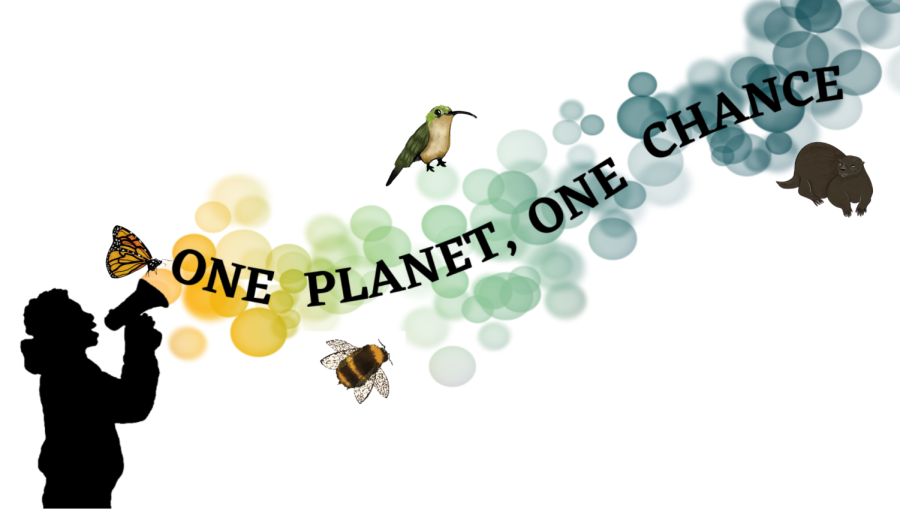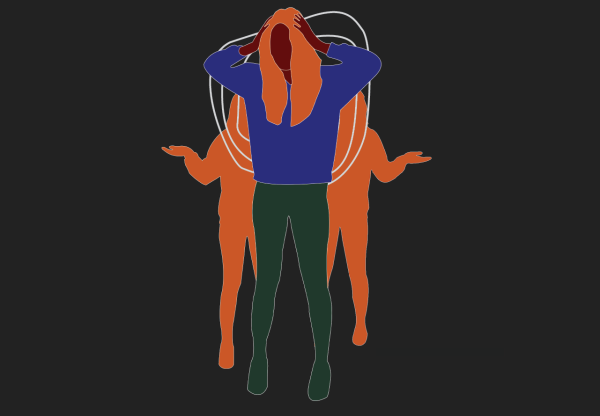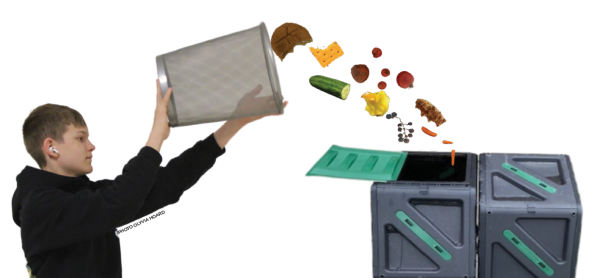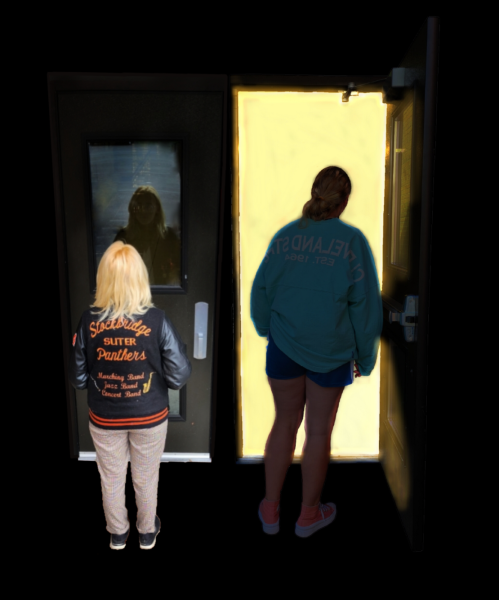One planet, one change
More than 1 million species face risk of endangerment due to the climate crisis. It is estimated that 8 million pieces of plastic make their way into the ocean each day, causing there to be 269,000 tons found in our oceans. The more fossil fuels burned, the more pollution is sent into our air and the worse the greenhouse effect becomes. 21.5 million people are displaced due to the rising temperatures caused by climate change. In 2022 alone, 3 million people were displaced from their homes.
While those statistics paint a bleak picture, scientists say that climate change is reversible by 2030.
Climate change is long-term changes in temperature and weather patterns, and though the planet has gone through many climate changes, the recent warming trend is happening much faster than it ever has because of human activity.
In a study recently published in Nature Climate Change, scientists found that 65% of the insect populations they examined could go extinct over the next century,”
— a NASA study found.
When humans burn fossil fuels, cut down forests, use transportation and consume too much energy, it traps the heat in the earth like a greenhouse. The greenhouse effect is where the sun’s heat radiates on earth and makes it warm enough for humans to exist on our planet. However, since the industrial revolution, people have been releasing large quantities of greenhouse gasses into the atmosphere. In fact, National Geographic estimates that emissions have increased 70 percent between 1970 and 2004. So, those same insulated walls that are keeping us warm are also trapping in all of the gasses human release into the atmosphere.
When people think of climate, they think of global warming and the days becoming hotter.
“Humans have been cutting down trees and burning stuff since the beginning of time and not until recently has it all of a sudden made a problem,” a sophomore said. “And nobody ever talks about global cooling, my grandpa told me that it was a thing when he was younger. I betcha within about 50 years it’ll be global cooling and people will forget about global warming.”
However, global warming is only one aspect of climate change. Since the earth is getting warmer, humans will see that the rising temperatures will manifest in different ways in different regions. One of those ways is storms.
Storms have significantly increased due to climate change. The Environmental Defense Fund has proved that the warmer the oceans become the more storms occur. When temperatures rise, evaporation increases along with the heat exchange from the oceans to the atmosphere. Storms absorb more heat and water vapor as they move across warm oceans. As a result, when storms hit land, there will be stronger wind, more rain and more flooding. This affects many communities as floods cause death and force people out of their homes. For example, in 2017, Hurricane Harvey, the second most devastating hurricane, was 15 percent more severe than previous storms. Severe storms like this are three times more likely to occur due to climate change. Not only will humans suffer from higher hurricane rates, climate change causes the California wildfires to increase in size and severity.
Instead of taking steps to curtail climate change, politicians seem to be making laws and signing deals that will further exacerbate the situation. Just recently, the Willow Project was approved and is going to greatly affect Alaska’s arctic as drillers drain the oil from the land.
More than 1 million species face extinction. While the expected rate of species extinction is usually around five species a year, we’re currently losing up to 10,000 times the normal rate. This means that dozens of species go extinct every single day.
Not only will Willow disrupt the natural ecosystem of the arctic, according to Impact x Environment, Willow will produce more than 600 million barrels of crude over 30 years. It will burn 280 million metric tons of carbon emissions and will release 9.2 million metric tons of carbon pollution annually. It is described as a carbon bomb.
Polluting the air isn’t the only thing that Willow is going to do. Countless innocent animals are going to lose their homes. Migrating birds, caribou, polar bears and more will all be displaced. Now these animals, which are meant to live in cold climates, will continue to face rising temperatures.
“Climate change is a very big issue and the way we are progressing with society, it will only get worse,” junior Melanie Satkowiak said. “We don’t take the appropriate measures to back track and fix what has been going on for decades and centuries.”
Though it doesn’t seem that our current administration is taking steps to help our environment, there are steps you can take at home.
There are many ways that humans can help prevent climate change. Using LED lights can help lower energy intake, as can lowering a home’s heating and cooling thermometer whenever possible. Try to hang dry clothes and wash them with cold water instead. Throw away less food because the more food that gets thrown away, the more it rots away in landfills releasing methane gas. Instead, opt for a compost bin. Another obvious way is to reduce, reuse and recycle. This can help prevent waste. It is important that humans are doing everything possible to help slow down global warming.
“I believe in climate change as an important environmental issue,” physics teacher Kelsey Rasmussen said. “I feel concerned about it, but I don’t think it’s helpful to feel despair or doom and gloom or jump to the conclusion that we’ve ruined our planet. Doom and gloom can be paralyzing, and make people give up.”
Rasmussen makes the claim that if we take a negative look at climate change, then everybody will feel sad over the situation as well; however, realizing the earth can be saved can give hope to future generations. It’s not over and things can still be done to save the earth
Earth needs to be cared for. Not only are we suffering, but future generations will be stuck with the consequences of our actions. Our earth is dying along with all of the beautiful wildlife. Earth can be saved. We can be the change.

Macy Cipta joined Uncaged halfway through her sophomore year and has been promoted to Editor-in-Chief her senior year. She is very inspired to become a...
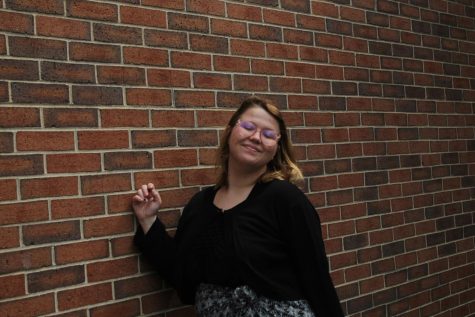
Kathryn Brumm is the Social Media Manager for Uncaged. She enjoys writing, singing and drawing. This is her second year on Uncaged, and also participates...



